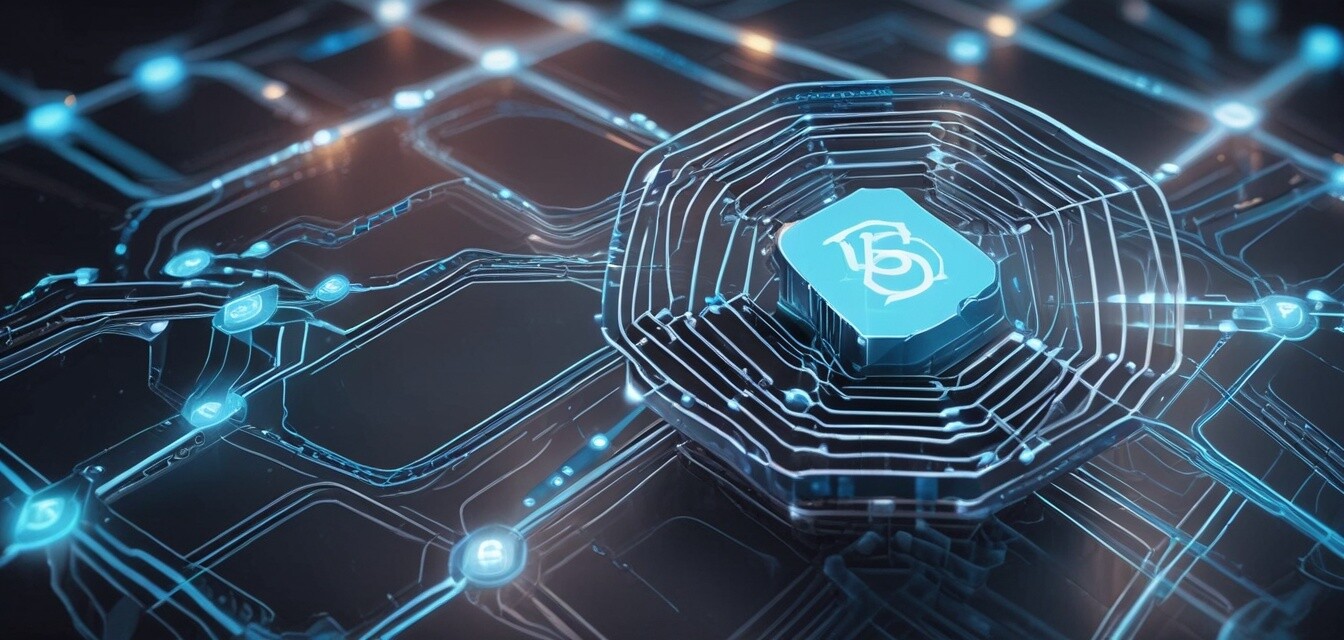
Exploring the Role of Blockchain in Senior Care
Key Takeaways
- Blockchain enhances the security of health information for seniors.
- It facilitates secure sharing of medical records while ensuring privacy.
- The technology can reduce fraud and inefficiencies in healthcare systems.
- Blockchain can empower seniors with control over their personal health data.
- Emerging solutions are continuously evolving to better serve the aging population.
The integration of technology in senior care has gained significant momentum in recent years, and one of the most promising innovations is blockchain. This article examines how blockchain technology is emerging as a powerful tool in securing health information for seniors and how it can transform their care experience.
What is Blockchain Technology?
Blockchain is a decentralized digital ledger that records transactions across many computers in such a way that the registered transactions cannot be altered retroactively. This characteristic makes blockchain an exceptionally secure method for managing sensitive data, which is particularly relevant in the healthcare industry.
Key Characteristics of Blockchain
- Decentralization: No single entity controls the blockchain, which protects against data tampering.
- Transparency: All parties involved have access to the entire chain of transactions, enhancing trust.
- Security: Data is encrypted and stored across a network, making unauthorized access difficult.
- Immutability: Once a transaction is recorded, it cannot be changed or deleted.
Benefits of Blockchain in Senior Care
Blockchain technology offers several key benefits that can significantly impact senior care:
| Benefit | Description |
|---|---|
| Enhanced security | Blockchain ensures that sensitive health data is securely stored and accessed only by authorized individuals. |
| Improved data sharing | Seniors can share their medical records efficiently and securely between healthcare providers. |
| Reduced fraud | With transparent and unchangeable records, instances of fraud and billing errors can be greatly reduced. |
| Empowerment of seniors | Seniors gain more control over their personal health information, deciding who can access it. |
| Cost-effective solutions | By streamlining operations, blockchain can potentially lower administrative costs in healthcare. |
Challenges and Considerations
While the potential benefits of blockchain in senior care are substantial, there are also several challenges that must be addressed:
- Technological accessibility: Not all seniors may be familiar with technology, which could hinder the adoption of blockchain solutions.
- Regulatory compliance: The healthcare sector is highly regulated, and aligning blockchain solutions with existing laws is complex.
- Interoperability: Ensuring blockchain systems can communicate with current healthcare technologies requires ongoing collaboration.
The Future of Blockchain in Senior Care
As technology evolves, the role of blockchain in senior care is expected to grow. Several innovative companies are actively developing solutions that harness this technology to improve the quality of care:
- Development of personalized health data management systems for seniors.
- Integration of wearable health trackers with blockchain for real-time health monitoring.
- Innovative platforms facilitating secure telehealth consultations.
Conclusion
Blockchain technology has the potential to revolutionize senior care by enhancing the security and accessibility of health information. With ongoing advancements, it can bring about a more empowered and connected senior population. To learn more about how technology is reshaping healthcare, check out our Buying Guides or our insights on recent trends in smart home technologies.
Pros
- Enhanced security and privacy for sensitive health data.
- Streamlined processes for information sharing.
- Greater empowerment of seniors over their health information.
- Potential reduction in overall healthcare costs.
Cons
- Challenges with technical literacy among some seniors.
- Regulatory hurdles in the healthcare industry.
- Need for ongoing collaboration between tech companies and healthcare providers.
Stay Connected with SmartSeniorSolutions
As we continue to explore the evolving landscape of technology in senior care, we invite you to stay engaged with our latest updates. Visit our Home Security Solutions page to discover more about how technology can enhance safety and convenience for seniors.